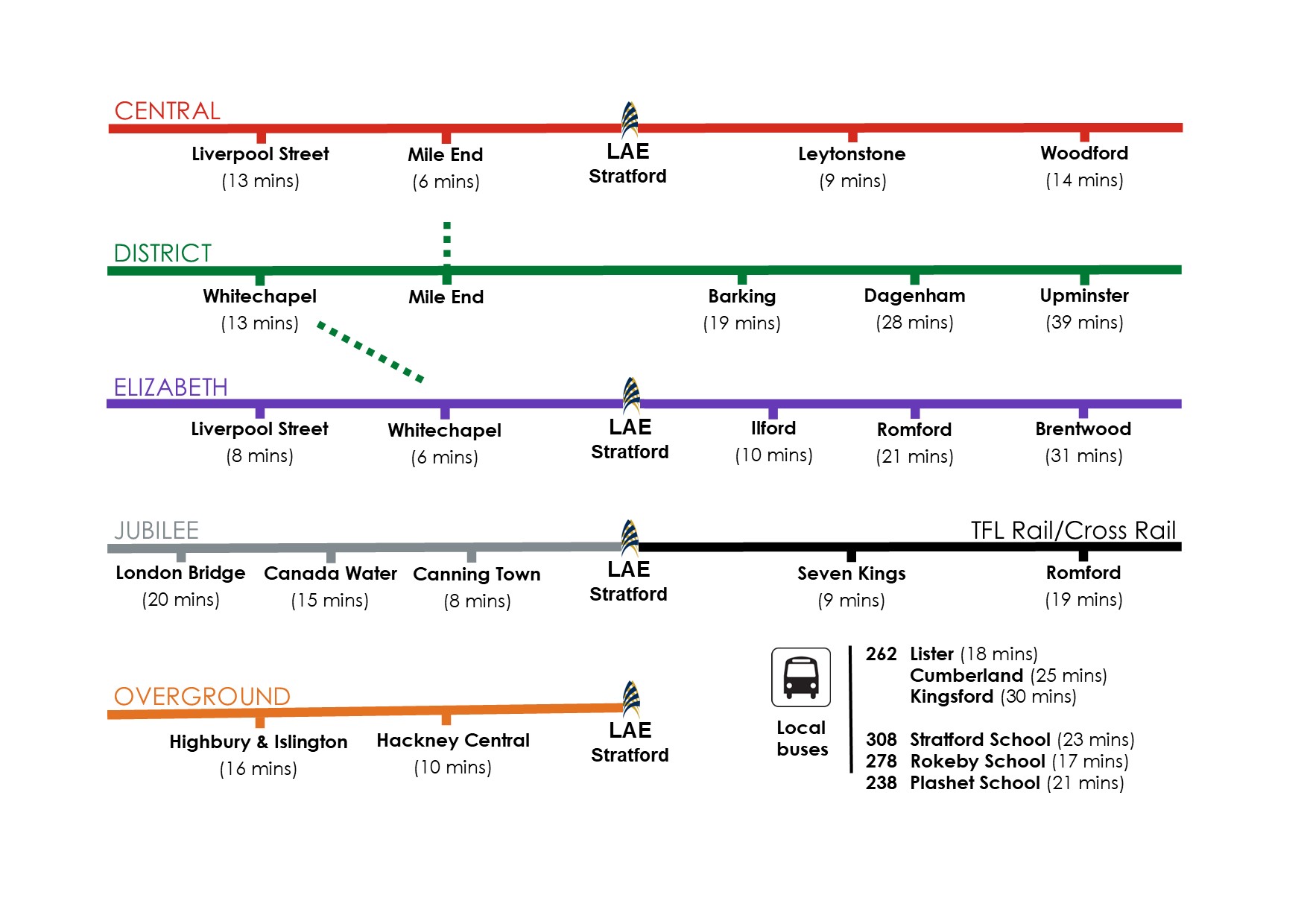 Posted on: 3/02/2026
Posted on: 3/02/2026News
Eco-Net at Villars Institute Symposium, Switzerland
 Four LAE students with a vision to move the world to net zero carbon and become naturepositive attended the Villars Institute Symposium in June in Switzerland. For five days, they heard from and spoke to world experts on the climate and biodiversity, from backgrounds in politics, economics, business, science and movies. They also got to hike in the beautiful Alps, through wildflower meadows and forests to mountain lakes, making friends and inspiring change along the way.
Four LAE students with a vision to move the world to net zero carbon and become naturepositive attended the Villars Institute Symposium in June in Switzerland. For five days, they heard from and spoke to world experts on the climate and biodiversity, from backgrounds in politics, economics, business, science and movies. They also got to hike in the beautiful Alps, through wildflower meadows and forests to mountain lakes, making friends and inspiring change along the way.
Humans have already forced the planet beyond 6 of the 9 planetary boundaries for safe living, risking irreversible environmental changes. At the symposium, students heard how imperative it is to act now for the safety of generations to come.
Nazmia (Year 12) wrote about her experience of the trip:
The Villars Symposium was officially opened by Julia Marton-Lefèvre, ex-director of the International Union for Conservation of Nature, and we heard a lecture on how combining nature, human intelligence and machines can lead to innovative disco veries.
veries.
On Wednesday, the Symposium focused on Ecology. Thomas Crowther, a professor of ecology at ETH Zürich, delivered an incredible lecture on the restoration of biodiversity and consensus building. This was followed by a series of presentations by Global Learning Council Hackathon winners, who created AI-based technologies to make education more inclusive. Next, I attended a breakout room on Biodiversity Hotspots, led by eco-preneur Suzan Craig and former Director of WWF Marco Lambertini. This year, the Villars Institute hosted the Frontiers Planet Prize, so we were able to listen to a variety of scientists, including the National and International Prize winners, Kamila Markram, Johan Rocktröm and Sandrine Dixson-Declève.
On Thursday, we heard from Economists (such as Cameron Hepburn), Ecologists (Jane Madgwick, Marco Lambertini), environmental lawyers and the President of the University of Zürich (Michael Schaepman). In the 'Safeguarding our Oceans' session, I collaborated with others to create a solution to pollution in our rivers and seas. I also attended sessions on the role of communities (Jaideep Bansal, Ussif Rashid Sumaila, Jon Duncan), multilateral systems (Marie-Claire Graf and Jonas Haertle), filmmaking and storytelling (Colin Butfield and Rhett Ayers Butler). It was suprising, yet interesting, to learn that ecology and conservation involved so much more than just an understanding of Biology. In the evening, I watched an award-winning film called Mongolia: Valley of the Bears.
Friday's sessions focused on solutions to environmental issues. We heard from eco-preneurs (Sofi Khwaja-Horekens from Thesus, Ameer Shakeel from AgroSpheres, Barney Swan, Jean-Claude Burgelman, David Gann), defining pathways for impact and for protecting our planet (Alana Belcon, Lee Howell, Kirsten Schuijt, Peter Schlosser) and creating systems change (which included Keith Tuffley speaking about his current expedition through the Northwest passage). We ended the Villars Symposium with another hike.
This week was so much fun, but also incredibly educational. I will take these lessons, experiences, and new friendships with me wherever I go.















